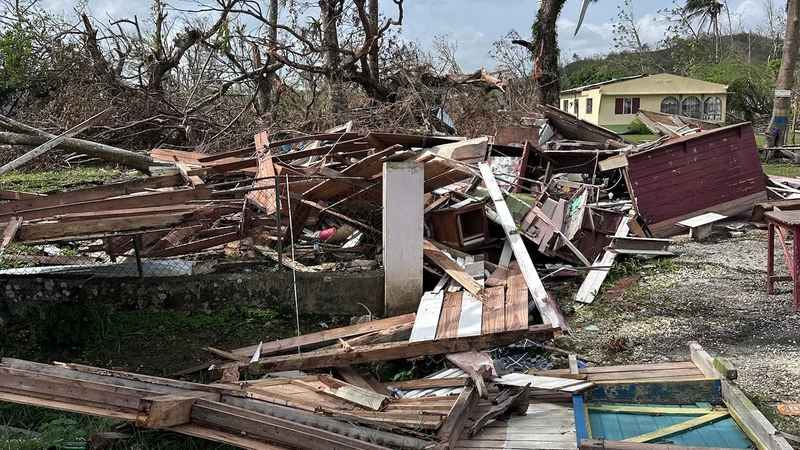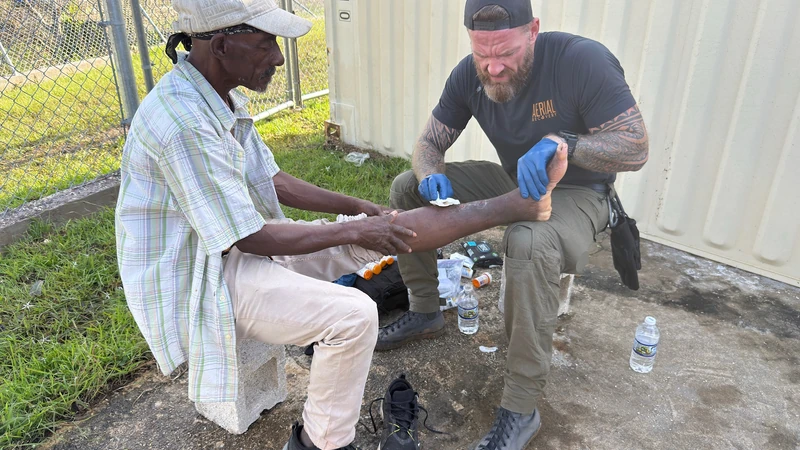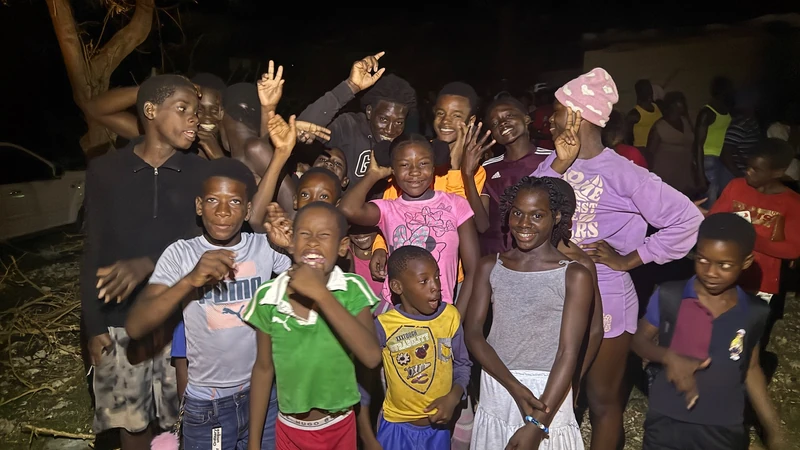Jamaicans remain in critical need two weeks after the devastating storm, and Aerial Recovery personnel remain deployed on the island nation. Melissa was one of the most powerful Atlantic hurricanes on record with tremendous flooding and sustained winds of over 185 mph.
The Category 5 storm left a trail of catastrophic destruction across the island, claiming 45 lives with 15 people still missing. Black River in St. Elizabeth Parish, Jamaica's agricultural heartland, was among the hardest hit communities, suffering up to 40 percent structural damage in some areas.
The humanitarian situation remains critical particularly in western Jamaica:
Approximately 1,100 people still sheltering in 88 emergency facilities across nine parishes
64 percent of power has been restored, but several parishes remain completely without electricity
Over 70,000 farmers impacted with 41,500 hectares of farmland destroyed
More than one million livestock lost, including half of Caribbean Broilers' poultry stock
Widespread food insecurity with tens of thousands requiring immediate food assistance
Roads blocked by flooding, landslides, and debris, limiting access to rural communities

Our Humanitarian Special Operators continue working alongside international partners and Jamaican Authorities to deliver critical aid.
The team initially conducted search and rescue operations and now continues to address the needs of the community through welfare checks, route reconnaissance, needs assessments and critical aid distribution. These are similar operations to what they did during the devastating Texas floods in July 2025 when Aerial Recovery led command and control and volunteer coordination in one of the most critical zones, while simultaneously delivering emergency food, clean water, shelter materials, and medical supplies to families while clearing roads and transit routes in the hardest-hit rural areas where access remains extremely limited.
Aerial Recovery does this with a special eye to protect Jamaicans from trafficking. History has shown that disasters create dangerous vulnerabilities. In the chaos following natural disasters, traffickers exploit desperation, targeting those who have lost homes, livelihoods, and family stability.

We are taking proactive measures to prevent trafficking and exploitation in Jamaica, similar to the anti-trafficking prevention work the organization conducted in Cebu, Philippines following the devastating 6.9 magnitude earthquake in September. The team is:
Distributing educational materials in shelters and high-traffic areas to raise awareness about trafficking tactics
Speaking to local Jamaican citizens and outside organizations about the risk and signs of human trafficking in disaster zones
Providing basic resources and support to those most at risk
Maintaining vigilance in areas where traffickers often operate

Jamaica's recovery will take months, if not years. As international humanitarian efforts scale up to reach 200,000 affected Jamaicans, Aerial Recovery continues its comprehensive mission: search and rescue, emergency aid distribution, long-term recovery support, and trafficking prevention, ensuring that those affected by disaster receive not just survival, but safety and freedom from exploitation.
You Can Help!
Aerial Recovery's disaster response operations are made possible through the generosity of donors who believe in standing with communities in crisis.






